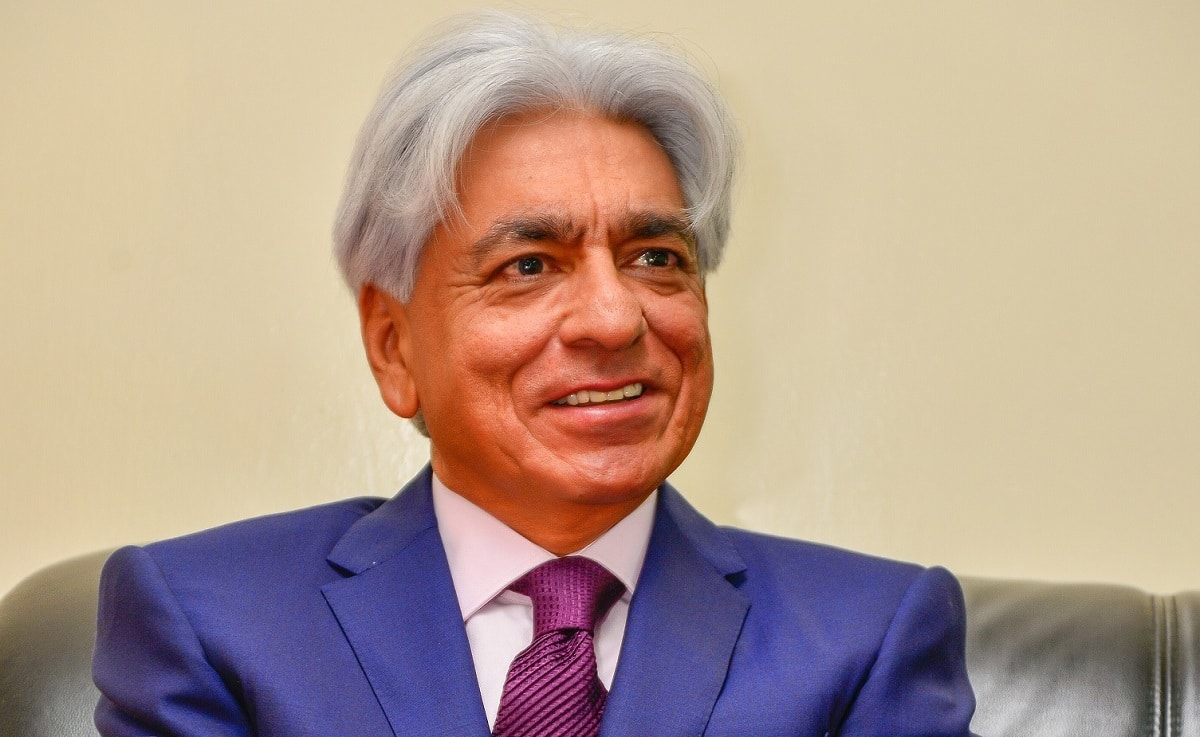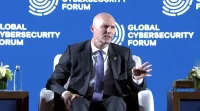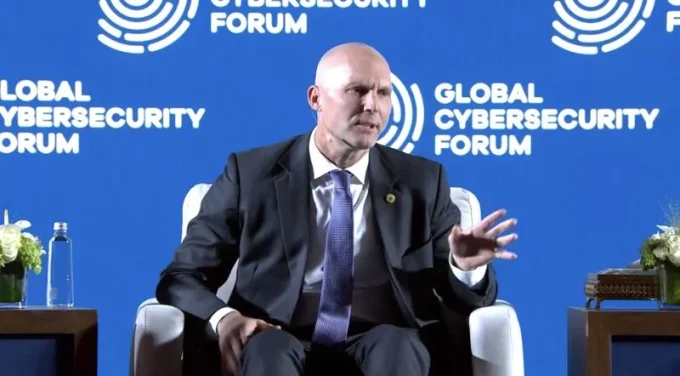Necessity is the mother of invention goes the adage and Kenya’s low income has propelled Kenyans to come up with innovative solutions aimed at changing its economic misfortunes. Joyce Wangui, an innovator, has developed a technology that allows the low income segment of the population to access small loans through mobile phones.The product targets those that do not qualify for loans under normal banking situations.
She is the CEO of Pata Pesa, a firm that leverages on faith and trust in order to circumvent the bureaucratic challenges associated with normal loans. Through Pata Pesa, Kenyans can now access short terms loans from their local shopkeepers without any collateral as long as they own a mobile phone.
“Our research indicated that over 30 percent of all Kenyans get credit from their shopkeepers purely on the basis of having developed a close relationship,” she told Xinhua in a recent interview.
“In addition to offering common household goods on credit, shopkeepers can now give Pata Pesa scratch cards over the counter, ” she added. The scratch card is similar to a mobile phone top up recharge card and comes in denominations ranging from as little as 3 dollars to 60 dollars and contains a unique number or code that is then loaded onto the customer’s mobile phone.
With Kenya’s high mobile penetration, the product will expand the percentage of people who can access credit.
“Since shopkeepers have developed a credit profile of its clients, they are able to assess which customers are creditworthy or not based on past experiences,” he said.
Wangui said that she would like to spread the technology to other African countries which have similar socioeconomic challenges as Kenya.Lack of well developed financial markets has locked out millions of people from accessing credit in Africa.
The technology can also be used to eradicate poverty by removing barriers to credit which could be used to establish micro- businesses. Susan Muraguri is a small shop owner who has enrolled as an agent for Pata Pesa.
“I am now able to sell the loan scratch cards to customers together with other common household consumer goods such as bread, tea, milk, flour, sugar, salt and paraffin,” Muraguri added.
The products also offer an extra revenue stream for shopkeepers. She noted that the interest rate charged is only ten percent and is affordable to most people who have had to rely on shylocks who charge exorbitant interest rates.
These loans can be used as emergency cash to pay for unbudgeted items including medical treatment or as startup capital for a micro-business. Mary Anyango is one such beneficiary. She used her close relationship with her local shopkeeper to get startup capital to establish her small saloon business.
She managed to get a 60 dollars scratch card from her shopkeeper which she used to buy equipment for a modest saloon.
“I used to borrow household foods items from my local grocer and I always used to pay at the end of the week when I received my weekly wages from working as a house help,” she said.
After several visits to micro finance institutions in search of a loan in order to establish her business, she discovered that one requires collateral and guarantors in order to qualify.
Being a single mother, with no title deed, Anyango could meet the stringent requirements as she was considered to have a high risk of defaulting. By using the agency model to tap the thousands of shop owners across the country, the product is able to reach a majority of Kenyans especially those in the informal settlements and rural areas.
The innovation also taps into Kenya’s well developed mobile cash transfer system. According to the World Bank, one out of every two people in the world using mobile phone cash transfer services is Kenyan.
According to the UN Children Fund (UNICEF), 46 percent of Kenyans live on less than 1 U.S. dollar per day. However, the country has managed to use its expanding mobile phones subscriber base and has leveraged technology to ensure that the number of those who can access financial services is increased.
The country’s communications regulator Communication Commission of Kenya (CCK) said that as of March, Kenya had 29.2 million subscribers while the Central Bank of Kenya estimates that out of the country’s 38 million people, those without access to formal financial institutions stands at 12 million people.
While banks are the preferred source of loans in most developed country, high poverty rates have meant that the majority of Kenya’s population has difficulties in accessing credit.
















































![Pula Co-Founders and Co-CEOs, Rose Goslinga & Thomas Njeru. Pula provides agricultural insurance and digital products to help smallholder farmers manage climate risks, improve farming practices and increase their incomes. [ Photo / Courtesy ]](https://businesstoday.co.ke/wp-content/uploads/2021/01/Pula-Co-Founders-and-Co-CEOs-Thomas-Njeru-Rose-Goslinga.jpg)



























































Nice piece! Sometimes getting financial help is a problem.I recall vividly how I struggled with lack of capital to boost my business,I borrowed 10k from this firm and rushed to a witch doctor called Dr Evans,operates in interior of Nakuru county.My cumpus friend took me to him.Since then I bought my own car,plot and developed it.
For those who believe in magic,may I suggest his tel numbers to you: +254713161455,
if you don’t,be close to your Bible and pray;fortune comes from either magic or strong faith in God.Otherwise Pesa pata is best of them all!